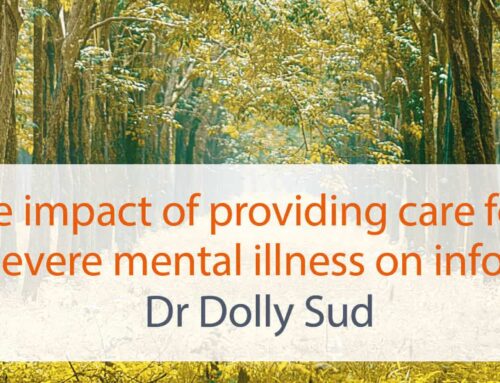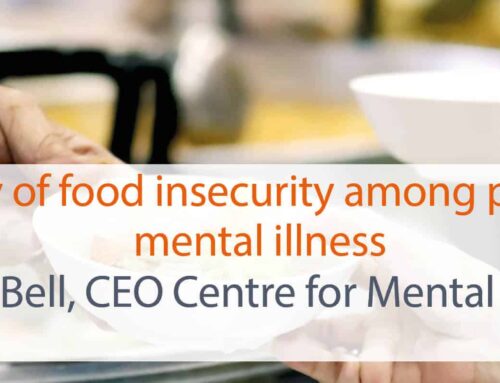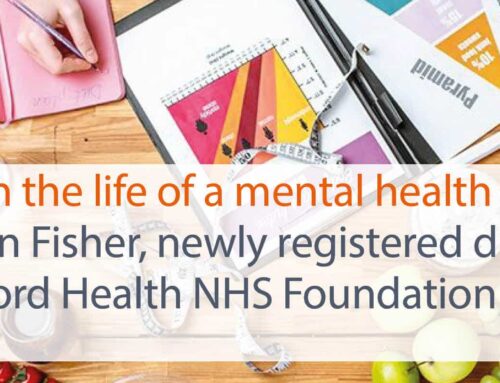
Emma Bailey, Project Manager for Equally Well UK
Last week, the Government published a new strategy, Tackling obesity: empowering adults and children to lead healthier lives.
We are deeply concerned that the strategy risks missing an important opportunity to address the issues it seeks to tackle and may cause harm to many people with mental health difficulties.
People living with a serious mental illness have a 15-20 year shorter life expectancy than average in the UK. Many have difficulties managing a healthy weight. We have explored what causes this and what can be done to help by listening to people’s experiences. While everyone’s life is different, it is clear that for many people who are struggling with their mental health, food is a source of comfort and a way of coping with trauma.
Poor mental health is a major contributor to unhealthy weight, yet this is not acknowledged at all in the strategy. For many people, it is interlocked with poverty, insecurity, racial injustice, comorbidities, violence and abuse. Weight gain can also be a direct consequence of taking medication for some mental health conditions. In missing out these crucial factors and taking a ‘one size fits all’ approach, the strategy will leave too many people without adequate help to manage their weight.
The NHS Long Term Plan commits health services to closing the gap for people with a mental illness, through crucial changes such as providing regular physical health checks. This provides an opportunity routinely to offer help with physical health. Alongside help with healthy weight management and smoking cessation, these are important first steps to enable people with severe mental illness to have a better chance of good physical health.
People with poor mental health tell us that they do not find existing weight management or exercise referral services helpful, yet for many that is all they are offered. Commercial slimming programmes and exercise schemes are not always suitable for people with mental health difficulties, especially those with comorbidities and disabilities. Social prescribing can be a useful tool in supporting healthy weight management, but the support people receive must be psychologically informed and adapted to the needs of people with both mental and physical health problems and disabilities.
We are also very concerned about the safety of some of the measures in the strategy for people with eating disorders. Displaying calorie counts on menus, for example, is a highly dangerous practice for anyone living with or recovering from an eating disorder. We urge the Government to reconsider this proposal.
Our weight and our mental health are closely linked. For too many of us, shame and stigma are a barrier to addressing both. Yet this is what people are bombarded with daily. From childhood onwards, shaming and blaming about our weight (and our children’s) is now a daily experience. For many, it serves only to reinforce the painful feelings that make it difficult to manage our weight and live well. Initiatives focused on changing behaviour and lifestyle have limitations in their effectiveness, particularly when other factors affecting healthy weight management are not considered. And they are especially unhelpful for people who struggle to get by financially, who don’t have access to open spaces or who live in unsafe homes or neighborhoods.
The Government, together with the food, slimming, exercise and advertising industries, the NHS and local authorities, have an opportunity to take a new and creative approach to supporting all of us with our physical and mental health.
That needs to begin with an understanding of how and why many of us struggle with our weight, and what would really help us to enjoy better health. If we do not, at best we risk repeating the mistakes of the past and at worst we risk widening inequalities and placing people at greater risk from rushed responses to a deeply-rooted issue that requires careful and steady stewardship.
With input from the Equally Well UK Working Group members: Andy Bell, Prof Wendy Burn, Gabrielle Hasham, Sarah Hughes, Kevin James and Lucy Schonegevel






